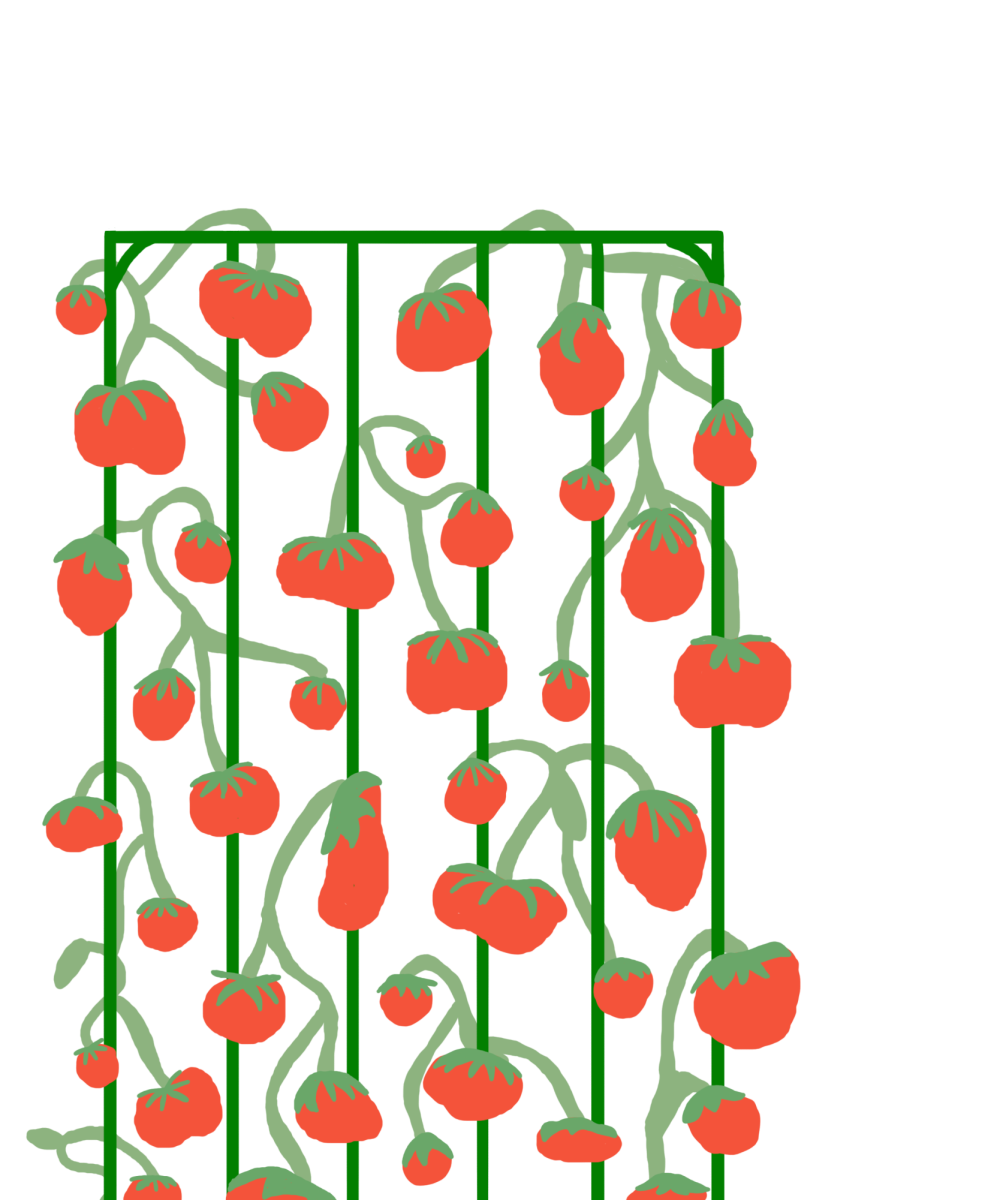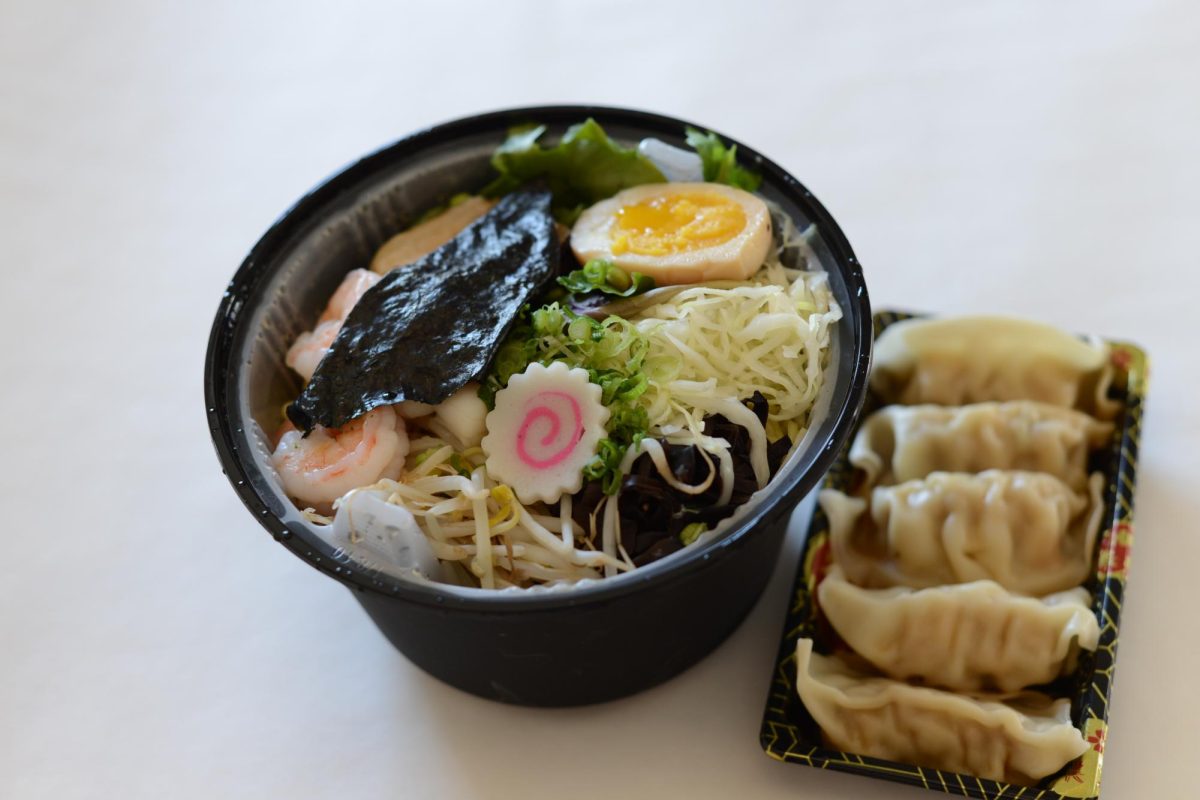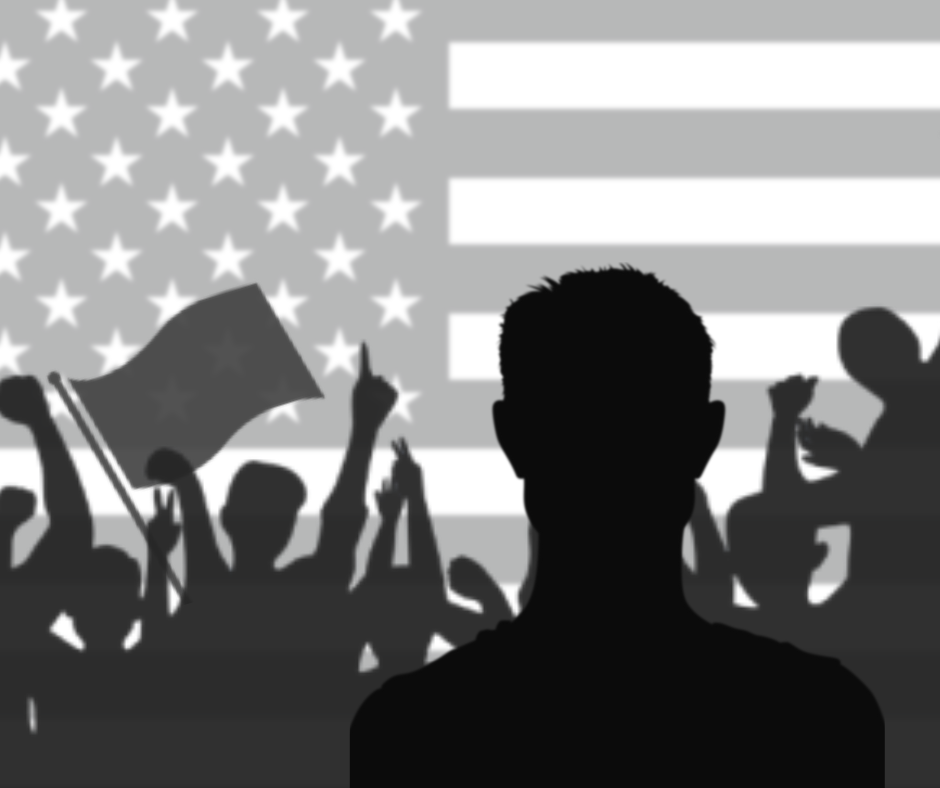Thanksgiving began with a story. The tale features the Wampanoag tribe and the Pilgrims sharing a feast, prioritizing the ideals of togetherness and gratitude over division. Even though Native Americans play an integral part in Thanksgiving tradition, when the holiday rolls around every November they are often written out of the narrative. It is easy to cast away the ignorance and hate of the past, but that cruelty is still prevalent in the present time. It is the duty of American citizens to keep open and inquisitive minds as we relate to Indigenous tribes or there will be terrible consequences for Native people.
The 2023 lobby against the Indian Child Welfare Act (ICWA) is an example of how ignorance to the problems facing a culture can be detrimental. An article from the National Indian Child Welfare Association (NICWA) defined the act and what it was created to accomplish. The NICWA states that “ICWA sets federal requirements that apply to state child custody proceedings involving an Indian child who is a member of or eligible for membership in a federally recognized tribe.”
The act was instated in 1978 and addressed the high number of Indigenous children who were being taken away from their families by state and private welfare and adoption agencies. The NICWA cites that 25% to 35% of all Native American children were being taken from their homes, and that the vast majority of those kids were being removed from their communities altogether. While the act did ease the crisis, even today, Indigenous families are four times more likely to be separated than white families are.
After complaints from hopeful “non-Native adoptive couples” about the constitutionality of the act, the US put the ICWA’s validity to a vote in the summer of 2023. In a 7-to-2 decision, the court decided that the act should remain. In an article that prefaced the final vote, Marisa Page, a development officer for the First Nations Development Institute, commented on the situation.
“Despite the ongoing misunderstanding and disregard for Native cultures, we continue to have to fight to save our children, our families, and our communities. If our children are taken from us, we have no future as tribal peoples,” Page said.
According to Page, the struggle against the ICWA was a part of a larger effort to reduce tribal sovereignty. She claims that stripping away the regulations that protect the rights of Native people would lead to a collapse in tribal independence.
“The loss will make it easier for future generations to continue to extract precious resources from Indian lands, remove policing power from tribal communities, repeal the Federal Indian Gaming Act, and do away with other federal policy that acknowledges tribal sovereignty,” Page said.
The US needs to be able to acknowledge and celebrate the Native tribes that are a part of the country. The Thanksgiving season provides a great opportunity for all Americans to enlighten ourselves on Native culture. Citizens should stay open-minded and up-to-date about the issues that face Native Americans. The First Nations Development Institute urges everyone to keep Indigenous people in mind by learning about their history, fostering awareness about proposed legislation that could affect Native people, and possibly donating to a Native-led nonprofit. In her article, Page stressed the importance of an inclusive and willing-to-learn mind.
“Again, we remind people that our beauty and resilience has never ceased to exist. We’ve been here all along, every November, every month, every year. And that is a reason to celebrate and more,” Page said.










